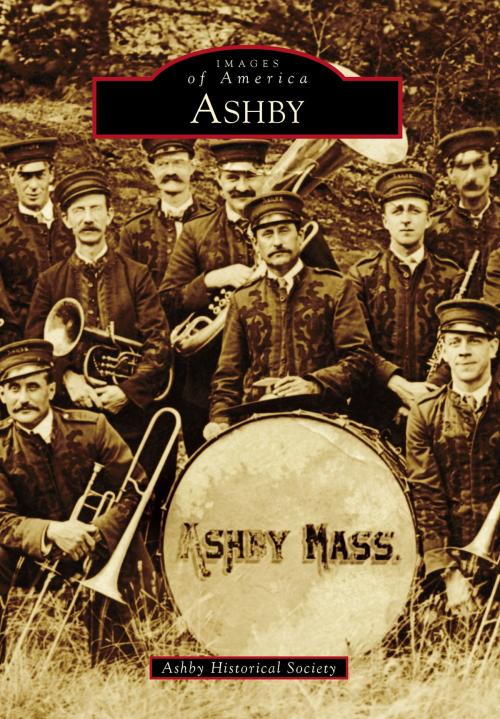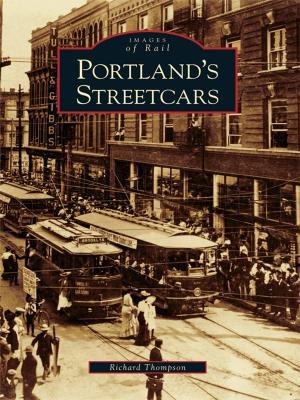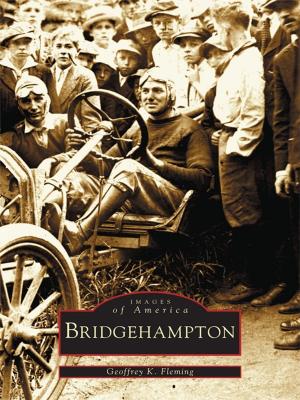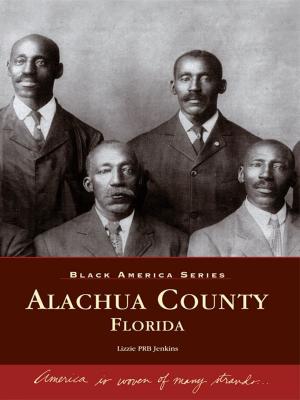| Author: | Ashby Historical Society | ISBN: | 9781439653302 |
| Publisher: | Arcadia Publishing Inc. | Publication: | September 21, 2015 |
| Imprint: | Arcadia Publishing | Language: | English |
| Author: | Ashby Historical Society |
| ISBN: | 9781439653302 |
| Publisher: | Arcadia Publishing Inc. |
| Publication: | September 21, 2015 |
| Imprint: | Arcadia Publishing |
| Language: | English |
Ashby is located in the hills of central Massachusetts, along the New Hampshire border. The town was incorporated in 1767, initially growing as an agricultural community before water-powered mills emerged along its streams. In 1840, the population began 50 years of decline as people sought more profitable work in larger cities and free land in the western United States. Perhaps due to this decline, the center of town is preserved much as it was in 1840, boasting all its original buildings still in place. Ashby saw a century of renewed growth starting in 1880, when Bostonians arrived during the summer to escape the heat and unhealthy city air. A number of businesses, including inns and tearooms, catered to these wealthy visitors. With the arrival of the automobile, residents gained access to jobs in the surrounding mill towns. It was during this time that the last of Ashby's many mills closed, the first public library was built, and one-room classrooms were combined to become a central town school. Today, one can still stand on the town common in front of the 1809 meetinghouse and look over an area that has undergone little change in the past 170 years.
Ashby is located in the hills of central Massachusetts, along the New Hampshire border. The town was incorporated in 1767, initially growing as an agricultural community before water-powered mills emerged along its streams. In 1840, the population began 50 years of decline as people sought more profitable work in larger cities and free land in the western United States. Perhaps due to this decline, the center of town is preserved much as it was in 1840, boasting all its original buildings still in place. Ashby saw a century of renewed growth starting in 1880, when Bostonians arrived during the summer to escape the heat and unhealthy city air. A number of businesses, including inns and tearooms, catered to these wealthy visitors. With the arrival of the automobile, residents gained access to jobs in the surrounding mill towns. It was during this time that the last of Ashby's many mills closed, the first public library was built, and one-room classrooms were combined to become a central town school. Today, one can still stand on the town common in front of the 1809 meetinghouse and look over an area that has undergone little change in the past 170 years.















